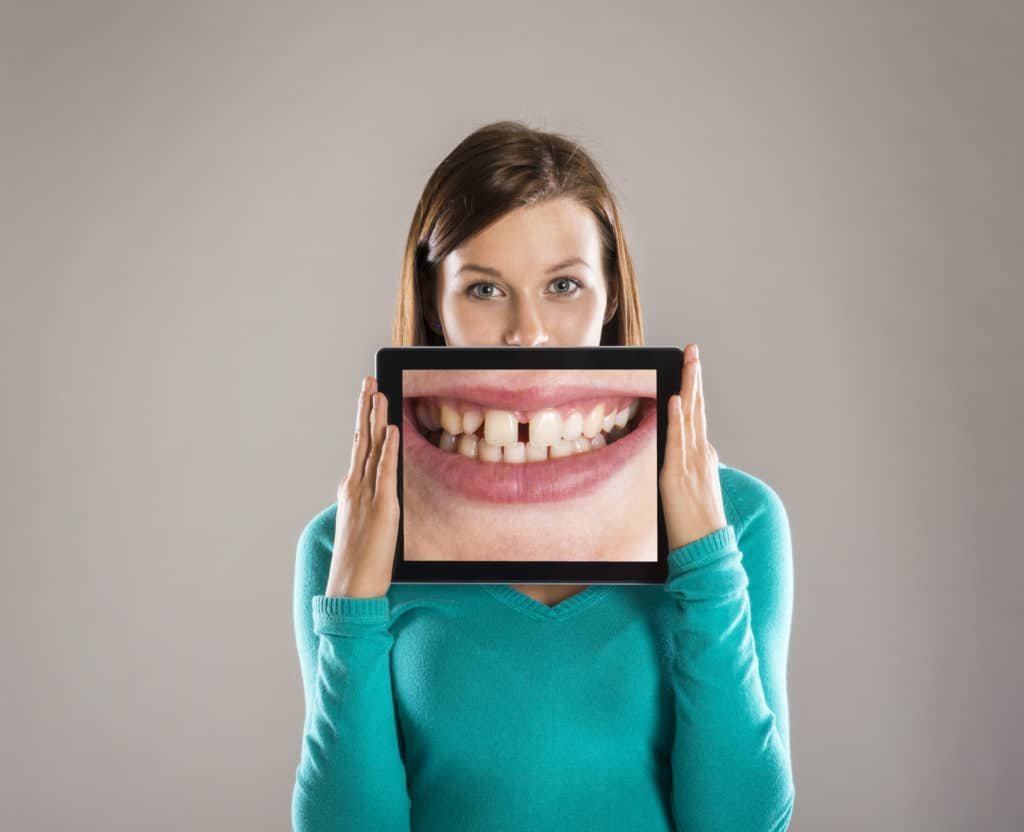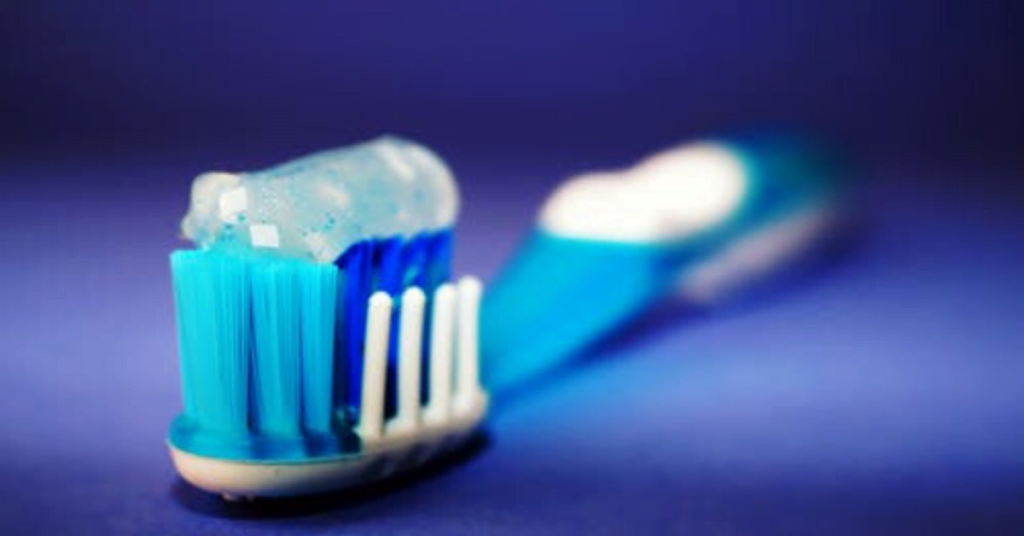A dental emergency is a sudden, painful, or severe oral health issue that demands immediate attention. Neglecting these issues can lead to complications like tooth loss, abscesses, or infections that can spread to the bloodstream. A dental emergency can even indicate a life-threatening condition in some rare cases. This blog will explore the common causes of dental emergencies and provide first-aid tips to manage these situations.
Common Causes of Dental Emergencies
- Fractured Tooth: Often the result of a fall, collision, or sports injury, a fractured tooth can be a painful and alarming situation.
- Ruptured Filling or Crown: Biting or chewing on something hard or a fall that puts pressure on the tooth can lead to a ruptured filling or crown.
- Broken or Knocked-Out Tooth: Chewing on complex substances like candy, nuts, or ice cubes can cause a tooth to break or be knocked out.
- Toothache: Toothaches are the most common dental emergencies, often signaling underlying issues like tooth decay.
- Sudden Onset of Very High Fever and/or a Headache: These symptoms can indicate a bacterial infection, such as tonsillitis or a tooth infection.
- Dislocated Jaw: The bones in your jaw can move out of position, causing pain and difficulty opening and closing your mouth.
- Cut or Bitten Mouth: Apply wrapped ice to the affected area, and if bleeding, apply gentle pressure with clean gauze or cloth.
First Aid for Common Dental Emergencies
- Toothache: If you’re dealing with a toothache, begin by rinsing your mouth with warm water and salt. This can help alleviate irritation and discomfort. For severe pain, it’s advisable to seek emergency dental care promptly.
- Broken or Knocked-Out Tooth: Do not put the tooth back in your mouth. Rinse the tooth and place it in a cup of cold water. If you cannot find the tooth, go to the dentist immediately.
- Dislocated Jaw: Attempt to open and close your mouth as normally as possible. If the joint remains out of position, your dentist will need to reset it.
- Fractured Tooth: You should see your dentist as soon as possible. Treatment may involve removing or replacing the damaged tooth.
- Ruptured Filling or Crown: Consult your dentist to assess whether the filling or crown needs replacement.
- Tooth That Has Been Knocked Out: Place the tooth in a cup of cold water and head to your dentist promptly.
What Not to Do While Waiting for Dental Assistance
While waiting for dental assistance, it’s essential to take these precautions to prevent the spread of infection:
- Avoid Chewing Gum or Putting Anything in Your Mouth
- Minimize Touching Your Teeth
- Refrain from Smoking or Drinking Alcohol
- Avoid Sleeping with Your Mouth Open
- Gargle with Salt Water and/or Use Mouthwash to Prevent Infection
Conclusion
In any dental emergency, seeking professional dental care as soon as possible is crucial. Contact us and book your appointment immediately, or reach us at drlavanyadental@gmail.com.



